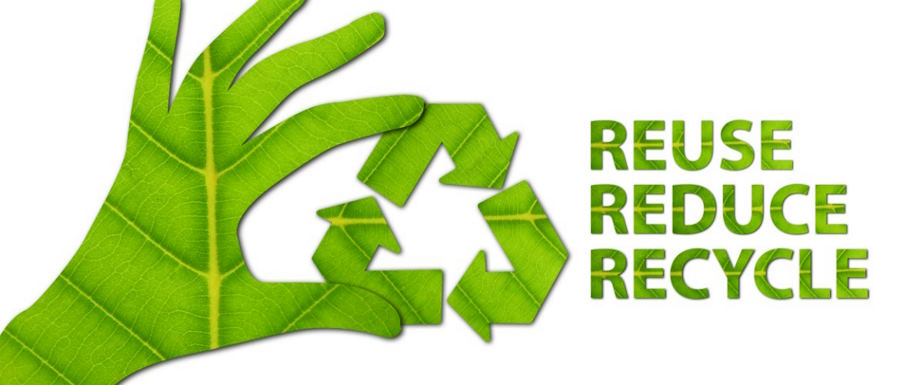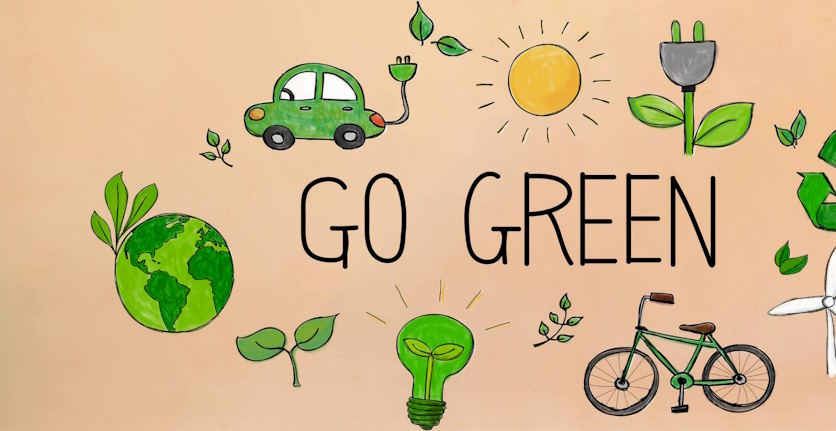In today’s world, where environmental concerns are growing more pressing, the concept of being eco-friendly has gained significant attention. People are becoming increasingly aware of their actions’ impact on the planet and are seeking ways to reduce their environmental footprint. However, a common question is whether it is difficult to be more eco-friendly. Are eco-friendly practices only feasible for a select few, or can anyone embrace a more sustainable lifestyle?
What does an eco-friendly lifestyle mean?
An eco-friendly lifestyle is adopting habits and practices that minimize environmental harm and promote sustainability. It involves making conscious choices in daily life, such as consumption, waste management, energy usage, transportation, and food choices. An eco-friendly lifestyle aims to reduce resource consumption, minimize carbon emissions, and preserve natural habitats and ecosystems. It emphasizes the importance of sustainable living practices prioritizing the planet’s well-being and future generations.
Can everyone live a more eco-friendly lifestyle?
Yes, everyone has the potential to live a more eco-friendly lifestyle. While it may initially seem daunting, being eco-friendly is not limited to a select few. It is a mindset and a set of choices anyone can make, regardless of background or circumstances.
Embracing an eco-friendly lifestyle is about making conscious decisions prioritizing sustainability and minimizing environmental harm. There are various ways for individuals to incorporate eco-friendly practices into their daily lives.

What are common practices to be more eco-friendly?
There are numerous common practices that individuals can adopt to be more eco-friendly. Here are some examples:
Reduce, Reuse, Recycle
Implementing the three Rs is a fundamental practice in eco-friendly living. Reduce consumption by buying only necessary items, reuse items whenever possible, and recycle materials to divert them from landfills.
Conserve Energy
Use energy-efficient appliances, turn off lights when not in use, unplug electronics, and utilize natural lighting and ventilation to reduce energy consumption.
Save Water
Practice water conservation by fixing leaks, taking shorter showers, using water-efficient fixtures, and collecting rainwater for watering plants.
Sustainable Transportation
Opt for public transportation, carpooling, biking, or walking whenever feasible. If owning a car is necessary, choose fuel-efficient or electric vehicles.
Choose Sustainable Products
Look for products with eco-friendly labels, such as organic, Fair Trade, and cruelty-free. Support companies that prioritize sustainability and ethical practices.
Minimize Waste
Avoid single-use items, such as plastic bags and disposable utensils. Instead, opt for reusable alternatives like cloth bags and stainless steel straws. Compost organic waste to reduce landfill contributions.
Support Renewable Energy
For household energy needs, consider switching to renewable energy sources, such as solar or wind power. Alternatively, support companies that prioritize renewable energy usage.
Educate Yourself and Others
Stay informed about environmental issues and share knowledge with others. Raise awareness about the importance of eco-friendly practices and encourage others to make sustainable choices.







